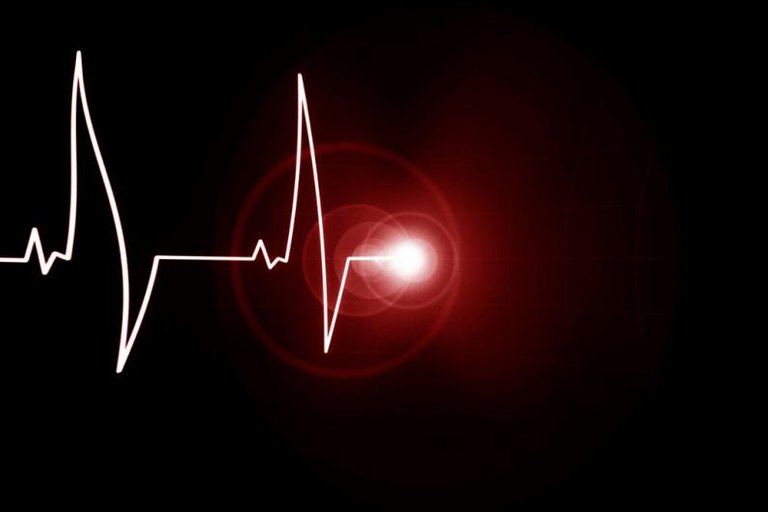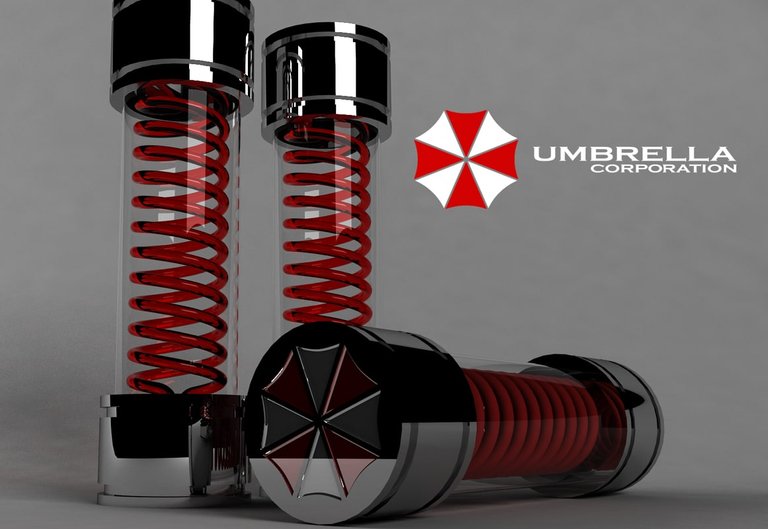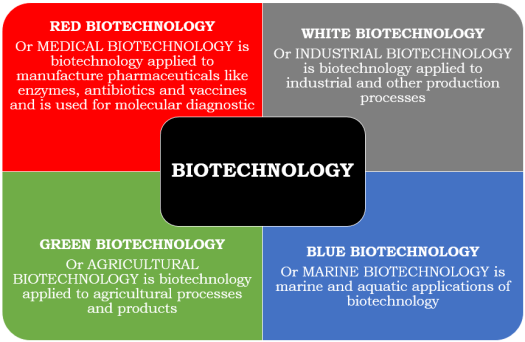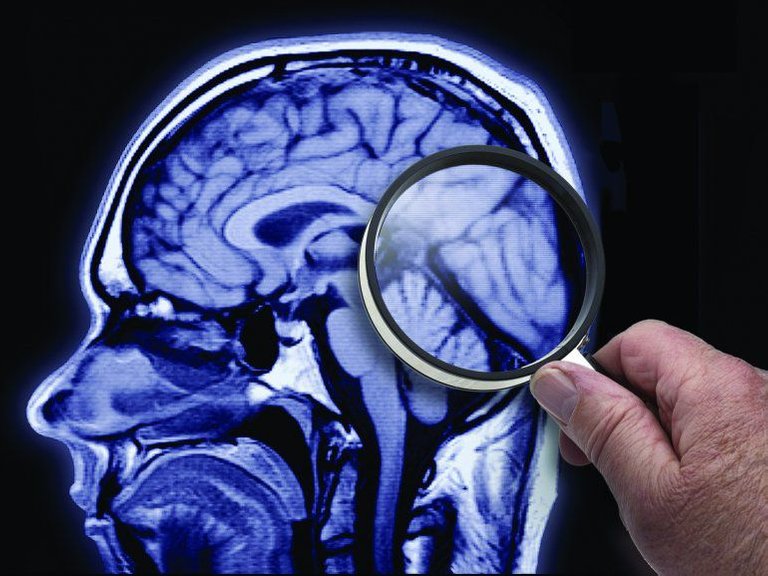
Greetings to all readers, it is interesting to ask if there is the possibility of taking a dead person and reliving it. Surely you imagine something like '' Resident Evil '' (the game) or '' I'm Legenda '' (the movie); Well, it's certainly not very far from reality, just that they show it to us from another point of view to make a plot more interesting for the viewer, but certainly all that is based on science fiction; that is, a scientific basis but not fully proven.

I believe that, if there is the possibility of reviving the dead with the use of biotechnology, but everything depends on various factors and conditions, both of the individual and of what surrounds him.

Take for example the clinical cases in which a patient's heart is stopped for several minutes, even cases of an hour or more and then it goes back to working his heart (within an operation or condition to keep stable). Technically this individual remained dead during the time that his heart stopped, according to various definitions over time. This can be seen as the simplest case of bringing back to life someone who has died through biotechnology (Because all medical instruments intimately linked to human health are known as red biotechnology).

Now imagine the most drastic case, and why would it work or why not?
If we take an individual long dead, be it days or much more, there are implications such as the degradation of human tissue and the loss of organs. But currently there are branches of biology that consist of the cultivation of animal tissue and that recently has had great advances and applications in biotechnology.

From tissue culture, specialized cells, differentiation of stem cells and even organ culture (which is in improvement). With all this one could solve much in return to the life of a human being, but there is still a greater implication; Your brain!
In the first case of the patient we can see that despite lasting many minutes '' dead '' without heartbeat, it can recover. Thanks to the fact that in a short time the brain can still keep functioning.

If this organ (the most important of our body) is lost, there is no turning back. That is why when brain death is diagnosed, it is the definitive one. But if nervous tissue and neurons have been cultured in the future, a cerebral organ culture could not be generated? Although it could be and replaced in the person trying to revive the neurons would not be the same, the thoughts would not be the same, or the memories; the person would not be the same. It would be someone or something else inside a "living" body.
This last aspect makes it biologically unacceptable. In fact, all the above of the drastic case is biologically unacceptable from the point of view of giving back life.
The bioethics of responsible for monitoring that the biology experiments and objectives are correct before humanity and their rights.
Thank You for read me!